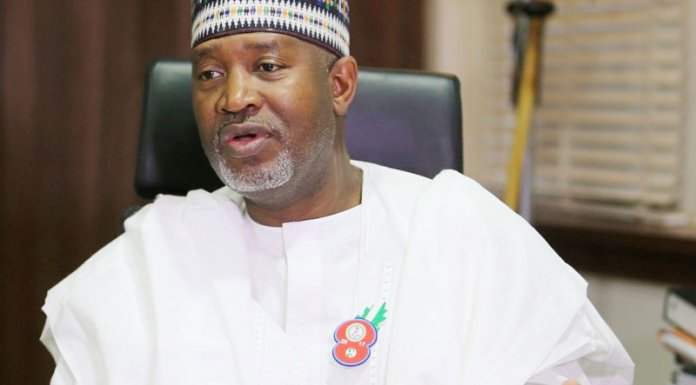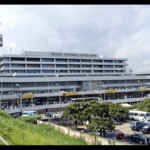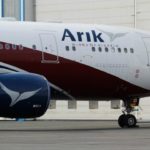
The major challenge Nigerian airlines are facing today is their inability to lease aircraft from lessors. The lessors have refused to lend to Nigerian operators after series of failure of some airlines to abide by tenets of agreements signed when they leased the aircraft.
What even enabled lessors to lease aircraft to Nigerian operators in the past was because Nigeria is signatory to the Cape Town Convention, which enables airlines of member countries to lease aircraft.
Under the treaty, if there is any default or compromise on the leasing agreement, government through the civil aviation authority is expected to assist the lessor to recover his aircraft.
Some airlines in Nigeria had gone to court when the Nigerian Civil Aviation Authority (NCAA) attempted to help lessors recover their aircraft.
The Cape Town Convention is explained thus, “The Cape Town Convention on International Interests in Mobile Equipment, or Cape Town Treaty is an international treaty intended to standardise transactions involving movable property.
“The treaty creates international standards for registration of contracts of sale (including dedicated registration agencies), security interests (liens), leases and conditional sales contracts, and various legal remedies for default in financing agreements, including repossession and the effect of particular states’ bankruptcy laws.
“The treaty came into force on 1 April 2004, and has been ratified by 57 parties. The Aircraft Protocol (which applies specifically to aircraft and aircraft engines) took effect on 1 March 2006 when it was ratified by eight countries: Ethiopia, Ireland, Malaysia, Nigeria, Oman, Panama, Pakistan, and the United States.”
Industry stakeholders suggest that government should wade into this problem.
That is why the federal government is planning to establish aircraft leasing company in the country. This, would enable the airlines to lease aircraft at a lower rate than what they had been paying before.
But above all, the major advantage is that the aircraft will be available to be leased than what is currently obtained from the global aircraft leasing market.
Indeed, the current paucity of operating aircraft is because it has become extremely difficult for Nigerian airlines to lease aircraft. They are forced to buy and buying even used aircraft could be very expensive.
So, in addition to establishing a leasing company, the CEO of Aero Contractors, Captain Ado Sanusi, suggested that government should intervene by reinforcing the Cape Town Convention and assuring the leasing companies that whenever there is a default on leasing aircraft by airline operators it would step in to recover the aircraft.
Former Director General of NCAA, Captain Muhtar Usman said that by reneging on the terms of agreement for leasing, some Nigerian airlines have damaged the image of the country in the global aviation market and made it difficult for lessors to lease aircraft to Nigerian operators.
Such bad image, he said has also affected even the acquisition of spares and made insurance companies to be circumspect about insuring Nigerian airlines aircraft. It has also contributed in making the global aviation community see Nigeria as a harsh environment for business. This has reflected in the high insurance premium Nigerian airlines pay, which is the highest in West Africa and more than double what is paid in Europe.
Muhtar, noted that by helping the lessors recover their aircraft, government is merely abiding by the Cape Town Convention protocol, which Nigeria is, signatory to and also giving hope to lessors that they would always recover their aircraft if the airline that leased it defaulted on the terms of leasing.
“The aim of having the Cape Town Convention is to help, especially African airlines to be able to get leases easily and at affordable prices. Of course, it came with certain conditions because the people who are going to lease will always need to have some kind of comfort that if there is any default they will be able to recover their mobile equipment, aircraft, engine or anything along that line.
“Before we became signatory to Cape Town Convention, cost of leases were quite high and difficult to come by because of the difficulty experienced by those lessors in getting back their aeroplanes whenever there were defaults from the airlines. Of course, Nigeria has signed, we have ratified and we have even started implementing those provisions. The only problems with the implementation which we have been working to try and remove is where the airline which has leased the aircraft will go to court and ask for an ex-parte motion or order to stop the aircraft from either being de-registered or taken out of Nigeria,” Usman said.
So government must have to inform the judiciary about the Cape Town Convention it signed and why courts should not stop the recovery of aircraft by the lessor after a default. Sanusi explained that once there is a default, the lessor must recover his aircraft and the issue should be resolved afterwards.
THISDAY






